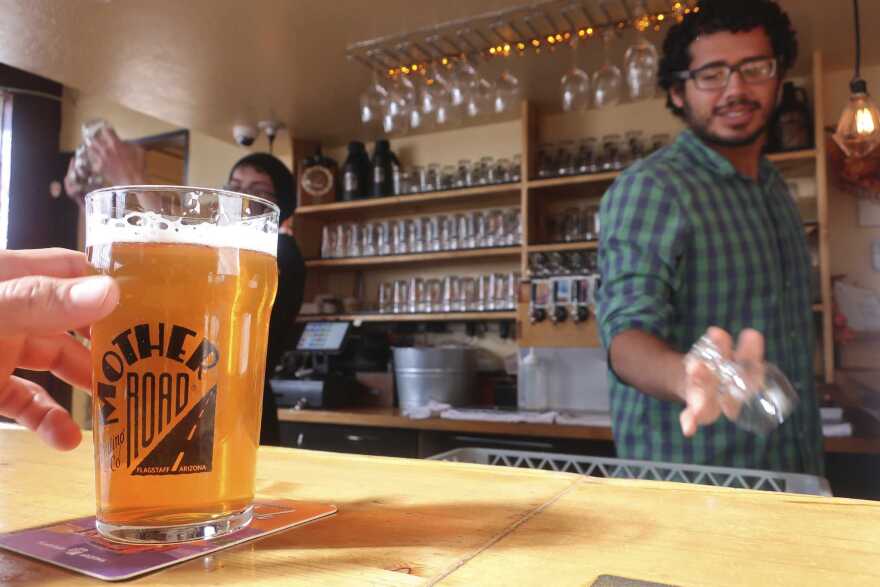Seven years ago, Arizona started a program through which bars could get employees trained to stop a potential sexual assault before it happens. Now, researchers at the University of Arizona and Arizona State University are planning to study whether the Arizona Safer Bars Alliance initiative is having a significant impact.
With a $3 million National Institutes of Health grant, researchers will conduct a five-year study focused on 56 bars and breweries located within a mile of each of the state's three major public universities. "If we see things generally aren't changing or there's a negative trend for some reason, it gives us reason to think we may need to adjust something," said Dr. Elise Lopez, a leader of the study and director of the UA Consortium on Gender-Based Violence.
Lopez and the team hope to begin surveying bars and similar businesses in six-month increments beginning in January. They will look at characteristics such as the rate of violent crime around the bars.
Under the Safer Bars Alliance, any alcohol-serving establishment can request the free five-hour training session. It's paid for with rape prevention education funding from the federal Centers for Disease Control and Prevention. The state Department of Health Services disperses the money as grants to smaller organizations focused on stopping sexual violence.
The training teaches subtle intervention strategies and pushes employees to look at their workplace for problem areas — from dark corridors to drink menus that make it easier for women to get intoxicated. Lopez said the training was provoking discussions among workers about when to step in, even before the #MeToo movement in 2017. "Sometimes it's things like 'There's somebody who keeps propositioning a woman and I would have thought it was written off as flirty behavior and not as sexual aggression,' " said Lopez, who helped revise the training protocol in 2014. "Sometimes it's things like 'I noticed more sexist comments and feel like I should say something.' "
To be part of the alliance, a business must train 70% of staff who routinely interact with patrons. After that, it has to offer the training annually to new workers as well as a two-hour refresher for trainers. Businesses also get posters or window clings to inform customers that help is available if needed. The bar at Hotel Congress was one of the first establishments in Tucson to enroll in the program. Todd Hanley, its general manager, said he currently has about eight staffers who went through it and he wants to increase that number. It "seems like a darn good investment to make sure your guests and your employees are safe," Hanley said.
Workers who attend the training sessions receive their regular wages from employers for that time. Businesses pay nothing to access the program. Lopez said some businesses decline to participate because they can't afford to pay employees for the training time.
Oliver Adams of Mother Road Brewing Company in Flagstaff said its owners believe the training is worthwhile for the 40-member staff. They hold a session every three to four months to make sure new hires — no matter their position — get the training. "The idea that we have is we can't control what happens in the world, but we can control what happens within Mother Road Brewing Company or anything Mother Road is involved in," Adams said.
The training is also useful for special events like festivals and pop-up beer gardens, he added. Lopez hopes the study will lead to fine-tuning of the training so it can be used elsewhere. "We get requests constantly from organizations in other states that want to do bar bystander interventions," Lopez said. "We're kind of in this place of wanting to scale it up but making sure it's effective before we do."


